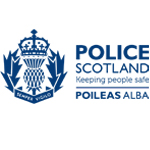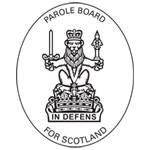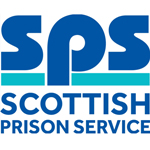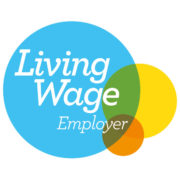The impact of murder on loved ones
Robina McKay’s husband’s uncle was murdered while at work driving a taxi almost 40 years ago. She writes about the impact his murder had on his family, her campaign for justice, and the book she published to raise awareness of the crime.
In September 1983, my husband’s uncle George, who we always called Dod, was found lying close to the taxi he drove, with fatal injuries. A cheese-wire, found at the scene, had been used by the killer in an attempt to strangle him. Two young lads on bikes saw the struggle as they passed by. To this day, the memory of what they had witnessed had so traumatised those two boys, now in their early 50s that they are still unable to speak fully about the incident.
For Dod’s widow, Jessie, life pretty much ended that night, at least the good and happy life she had lived with her husband. Only through the support and love of her immediate family, did she survive, but her health suffered greatly.

Initially, and for some considerable time afterwards, I remember most of the family speaking of their disbelief, shock and an irrational sense of fear which lingered. For Dod’s widow Jessie, her health deteriorated quickly after losing her husband. She was always petite, but by the time of Dod’s funeral, her weight had plummeted to around 6 stones. Over time, her health did improve, but the tragedy had left a lasting impact. Her balance and mobility soon became badly affected and she began to suffer a series of mini strokes, which grew stronger over time.
Our family attempted to come to terms with Dod’s murder in their own ways while giving emotional and physical support to Jessie. She also received support from her community, in particular, the family who lived next door. The children, a boy and girl were like grandchildren to Jessie and Dod. When he was murdered, the 13-year-old boy suggested to his parents that he’d be happy to go next door and sleep at Jessie’s overnight. He thought having the company might ease her fear at being in the house alone and give her some company. Having this support really helped her mental health and to keep some of the memories and panic at bay.
When my husband and I returned to the Aberdeen area in 2014, it just didn’t seem right that Dod had been murdered in such horrific circumstances and that justice was still proving so elusive. Hence, my husband and I decided to offer a reward for info leading to the arrest and conviction of Dod’s killer. We contacted the local papers in an attempt to bring focus back to this case and initiated contact with the police. This re-ignited considerable interest and in 2018 a partial review into Dod’s murder was launched by Police Scotland’s Major Investigation Team (MIT) in Aberdeen. In the same year, the detective leading the MIT, along with my husband, made an appeal to the public. It brought forward a huge response. The police received well over 100 calls and emails with potential information about the case. Their work on the case is still ongoing.

As the years passed and Dod’s killer continued to escape justice, I wondered if there was anything further we could do. Although it was Dod who had lost his life all those years ago, Jessie had been almost as much a victim of this crime as her husband. I decided to write a book about the crime and in 2020, I published The Last Fare. I hoped that by telling her story and how her life had been impacted by her loss, it might just prick at some consciences, or strike a chord with some individuals. The hope was that people who had information about what happened that night might be moved to finally come forward. Although the book details the tragic events of that night, for the first time, it also goes on to share a little about Jessie herself and her what her life was like in the aftermath of losing her husband to murder.
When I wrote the book, I wanted the proceeds to go to a charity which had links to helping people so tragically touched by crime. I could think of none better than Victim Support Scotland (VSS). I mention in the book that all proceeds from the sales would go to VSS, so have recently been able to give a small donation, plus a little extra from my husband and I. Hopefully this will help people like Jessie and the rest of our family to get the support they need after horrific crimes.
The Last Fare, by Robina S. McKay can be purchased from Amazon.
If you have been affected by anything in this story or you need support, please contact Victim Support Scotland (VSS) via our helpline (0800 160 1985), our webchat service (see bottom right) or our contact form. Victim Support Scotland provides emotional and practical support to victims of crime and our Support for Families Bereaved by Crime service specifically provides support and information to people affected by murder or culpable homicide of a family member.
Please note that VSS does not provide legal advice or provide advocacy for criminal investigations.
Latest news and blogs
-

Victims’ charity seeks support to uphold victims’ rights
Victim Support Scotland, Scotland’s leading national charity for victims, is urging MSPs to consider victim support and information needs in the Children (Care and Justice) (Scotland) Bill as the debate of Stage 3 of the Bill approaches on 24 April.
Read more
-

Join Victim Support Scotland as a charity Trustee
Are you an exceptional leader, ambitious for change to improve victims’ and witnesses’ experiences of the criminal justice system? Leading charity VSS is looking for high calibre and committed professionals to join our Board of Trustees.
Read more
-
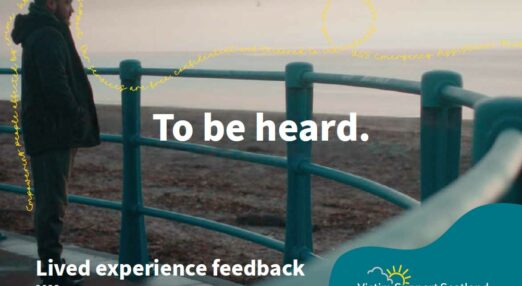
The importance of feedback
We always seek to hear from individuals affected by crime about their experiences with our services. This is crucial to ongoing learning and improvement within our work and in informing others about how our support can make a difference. We particularly encourage those who have experienced harm caused by children and young people under 18 to share their views.
Read more
-
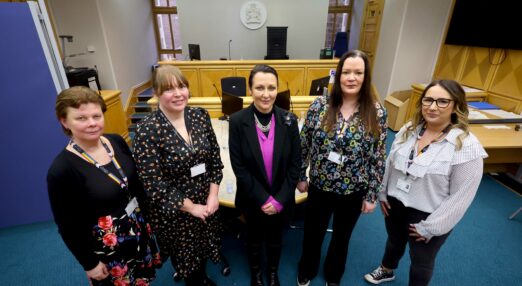
Minister goes to court to learn about services for victims and witnesses
As part of Victims’ Awareness Week, Minister for Victims and Community Safety Siobhian Brown visited Edinburgh Sheriff Court for a familiarisation visit.
Read more
-
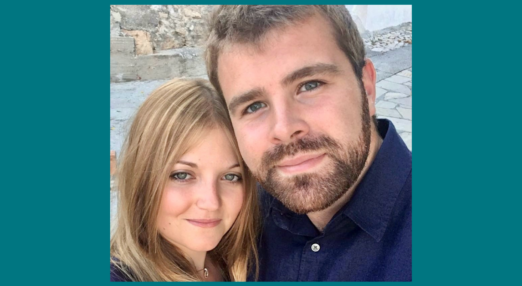
Bex’s story
Read more
-
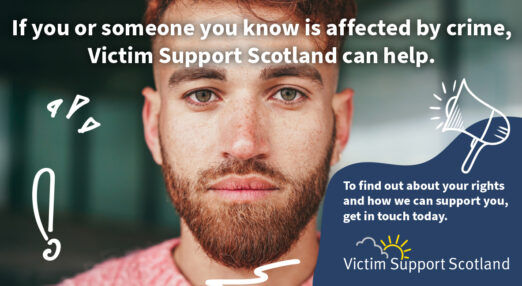
Campaign launches to support more victims of crime – press release
Read more
-

Student Volunteering Week – Priya’s story
Read more
-
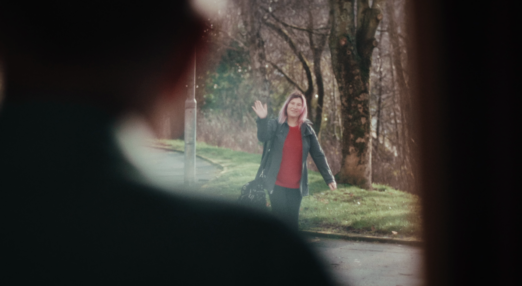
Student Volunteering Week – Anna’s story
Read more
-

Victim support organisations sign open letter calling for anonymity for children who die as a result of crime
Read more
-

Over 60 families bereaved by crime in Scotland sign open letter calling for change in law to protect child victims of murder
Read more
-
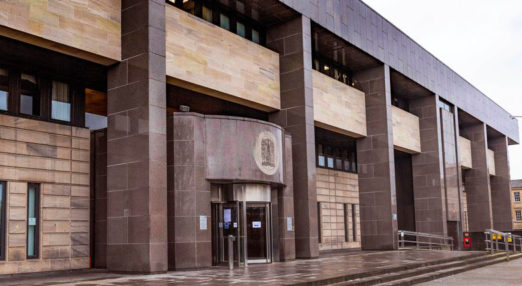
Victims and Witnesses – Joint Protocol
Read more
-
2023 – look back
Read more



